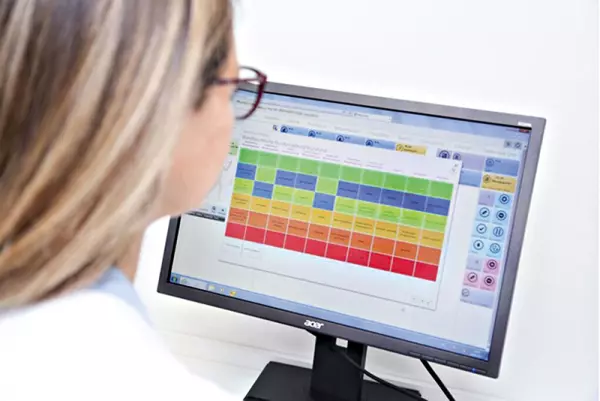
(02/2021) Despite the postponement of the start of application of the EU Medical Device Regulation (MDR) to May 2021, the core problem of fewer notified bodies continues to exist for manufacturers of medical devices. This was made clear by the BVMed web conference “Medical Device Law in Practical Implementation”. At the same time, the signals sent by the EU Commission are clear: the start of the MDR will not be postponed again.
Dr. Martin Abel from Lohmann & Rauscher, spokesman for the BVMed Regulatory Affairs working group, highlighted the current challenges in implementing MDR. Although the start of application of the MDR was postponed to May 2021, the deadlines for the validity of the old certificates remained the same.
A mountain of duties
In addition, there are still the challenges posed by too few notified bodies (currently 18 of 48 so far; status 12/20) as well as the Brexit and the "loss" of the largest notified body BSI from Great Britain. The MDR brings with it numerous new obligations for manufacturers, importers, national agents or distributors. The QM system and the technical documentation, for example, have to be updated significantly in accordance with the MDR due to new hurdles. A clear “clinical strategy” is required to pass the MDR requirements and the establishment of an active, systematic vigilance system (“Post-Market Surveillance”, PMS).
EU Commission remains tough
Dr. Nada Alkhayat from the European Commission emphasized that the Covid-19 pandemic would of course also have a significant impact on the implementation of the MDR. The Commission, together with Parliament and the Council, has therefore postponed the MDR's entry into force by one year to May 2021 and published many “guidances” documents on Covid-19. The end of the transition period for the validity of the old certificates remains in May 2024. The Commission is aware that the availability of the Notified Bodies is “a critical issue”, as are the delays at Eudamed and the expert panels. In addition, there are the ongoing restrictions caused by Covid-19 or the problems caused by Brexit and agreements to be negotiated with, for example, Switzerland.
Implementation in national law completed
Dr. Jana Knauer from the Medical Device Safety Department in the Federal Ministry of Health reported on the implementation of the MDR in national law. The EU regulation applies directly in the member states. The necessary national regulations were made in the Medical Devices EU Adaptation Act. Its full entry into force has also been postponed to May 26, 2021 due to the postponement of the MDR. The national Medical Device Law Implementation Act (MPDG) will come into force on May 26, 2021 and will replace the previous Medical Device Law (MPG). It will adapt national law and implement national legislative mandates and possibilities through the MDR in Germany. Because of the so-called repetition ban, however, it will not be a self-explanatory law. The analysis of the applicable law therefore requires the simultaneous use of the MDR, the guidelines and implementation acts as well as the MPDG in the future. The state authorities remain responsible for medical devices. In the area of vigilance and market surveillance, the higher federal authority, the BfArM, carries out the risk assessment, the competent state authority then takes any necessary measures. What is new is that the BfArM can order measures itself “in the event of imminent danger”.
Special case "special approval"
Dr. Wolfgang Lauer, Head of Medical Devices Department at the Federal Institute for Drugs and Medical Devices (BfArM), went into the exception rule of "special approvals" according to § 7 MPDG in conjunction with Art. 59 MDR. This is the only MDR regulation that is already in force. It was used by the BfArM for masks, for example, during the pandemic. However, it is an exception rule "in the interests of public health or patient safety or health", not a circumvention of the regular procedure. The regulation serves to ensure the availability of products when there is an urgent need for which there is no alternative. But even in these cases, proof of safety and performance is required. The BfArM is currently preparing five different procedures for the “Clinical Trials of Medical Devices” - from the notification to the full application procedure.









